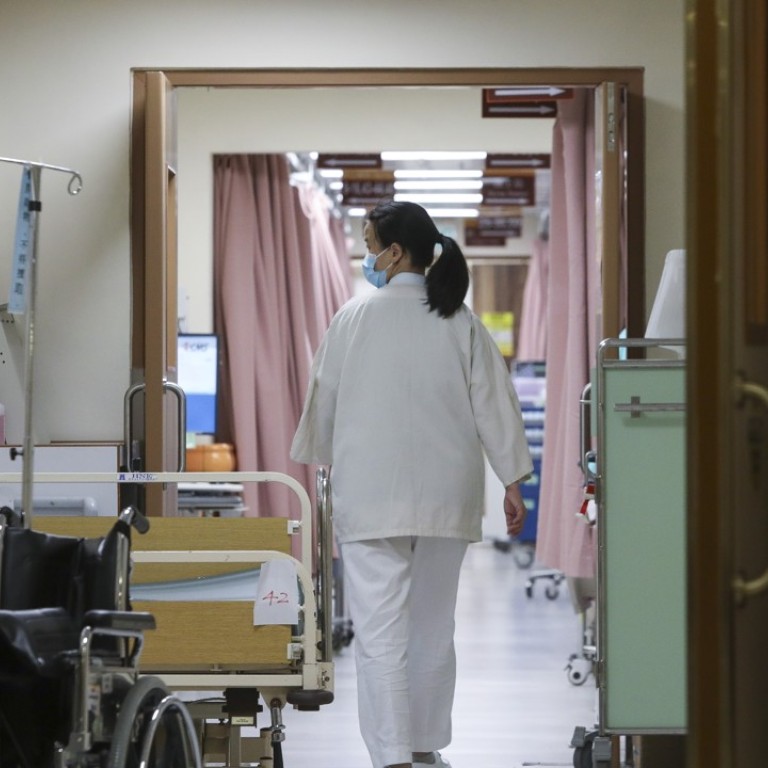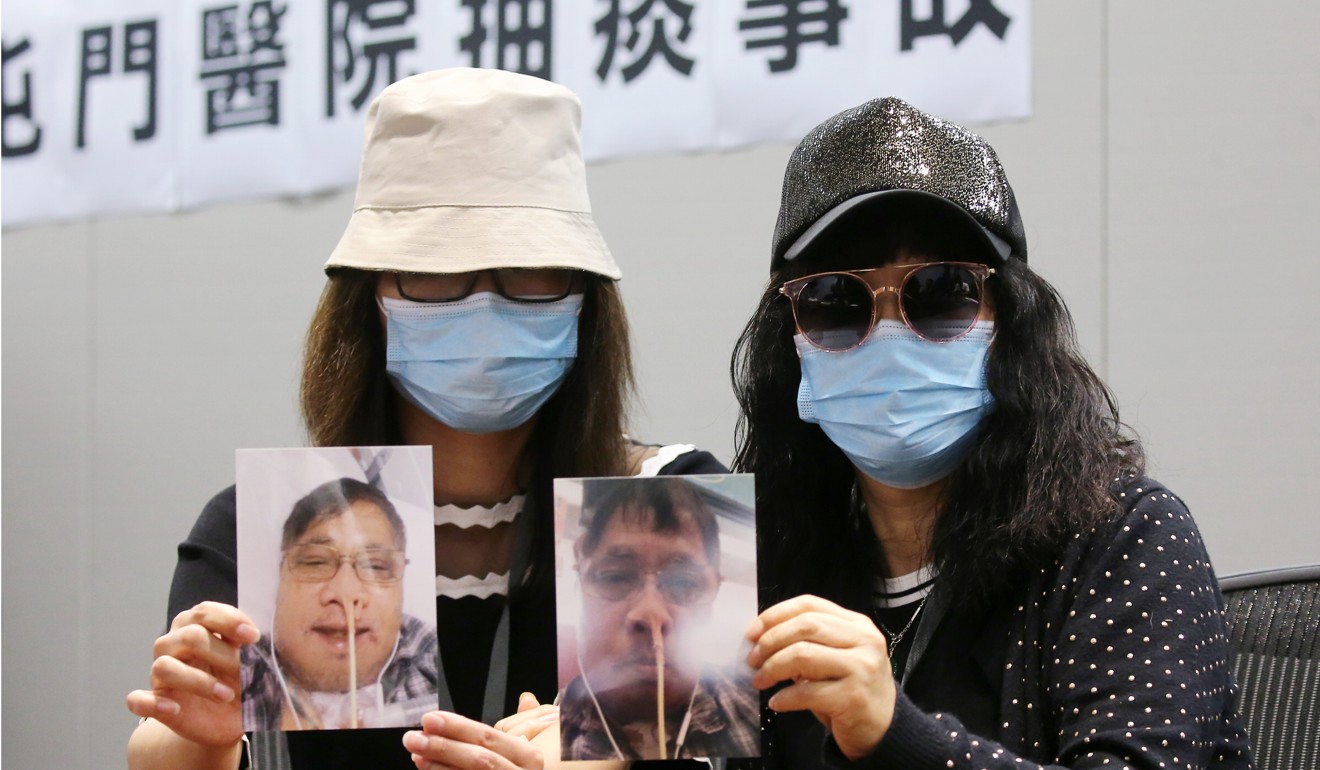
Hong Kong’s string of medical blunders points to deeper illness in public health care
Unlike in other professions, a lapse in judgment by medical professionals could mean the difference between life and death. People are quick to blame individual medical workers for such incidents, but medical blunders could well be just the symptom of two systemic problems in the sector.
The first relates to the mechanism for monitoring the quality of medical services. Are the existing guidelines clear and comprehensive enough to help frontline staff cope with unforeseen circumstances that may arise when treating patients? Are there enough human resources to ensure that the guidelines are followed strictly in all situations? Is a punishment system in place to deter malpractice, violation of guidelines and lax supervision? The Hospital Authority should be the first to answer these questions.

Jason Tang, Tin Shui Wai

